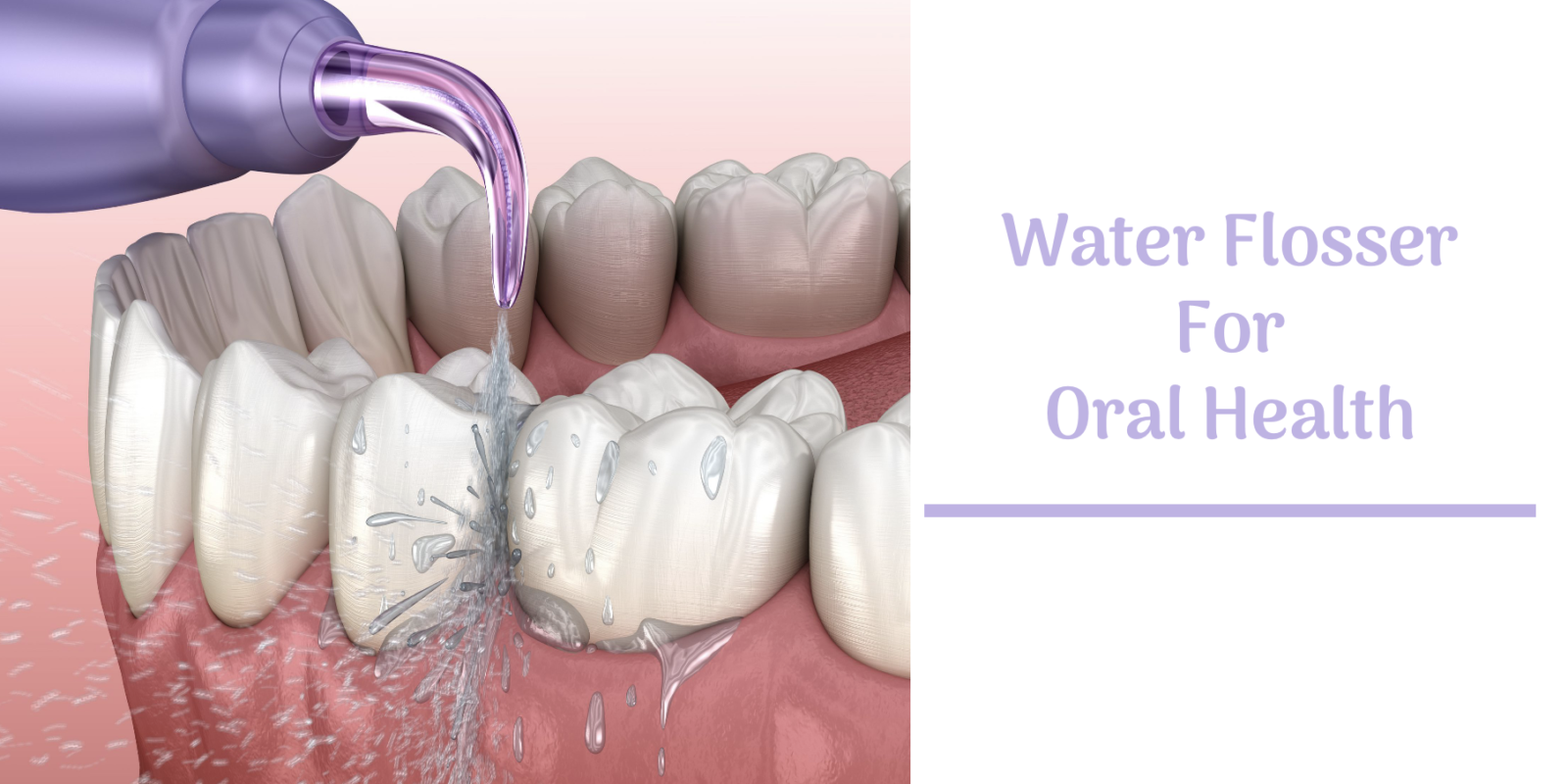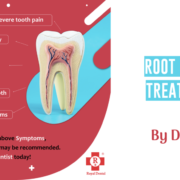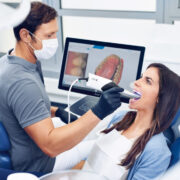Periodontal disease, also known as gum disease, is an infection of the tissues that surround and support the teeth. Periodontal disease is the leading cause of tooth loss in adults and can cause serious damage if left untreated. To prevent the progression of periodontal disease, proper dental hygiene is essential, and many dentists now recommend the use of a water flosser to help patients maintain healthy gums and teeth. But can a water flosser be effective in healing periodontal disease? In this article, we will explore the benefits of using a water flosser to treat periodontal disease and uncover the truth about this popular dental hygiene device.
What is Periodontal Disease?
Periodontal disease is an infection of the gums and other tissues that support the teeth. It is caused by bacteria that accumulate on the teeth, gums and supporting tissues due to poor dental hygiene. If left untreated, periodontal disease can lead to serious health problems, including tooth loss, bad breath, and even heart disease.
The symptoms of periodontal disease vary but often include red, swollen, or tender gums; bleeding while brushing or flossing; and receding gums. It is important to note that periodontal disease is not always painful, and can often go unnoticed until it has progressed to an advanced stage.
Benefits of Using a Water Flosser
A water flosser is a device that uses a stream of pulsating water to remove plaque and bacteria from between the teeth and gums. It is an effective and efficient way to remove plaque and can help to prevent the progression of periodontal disease.
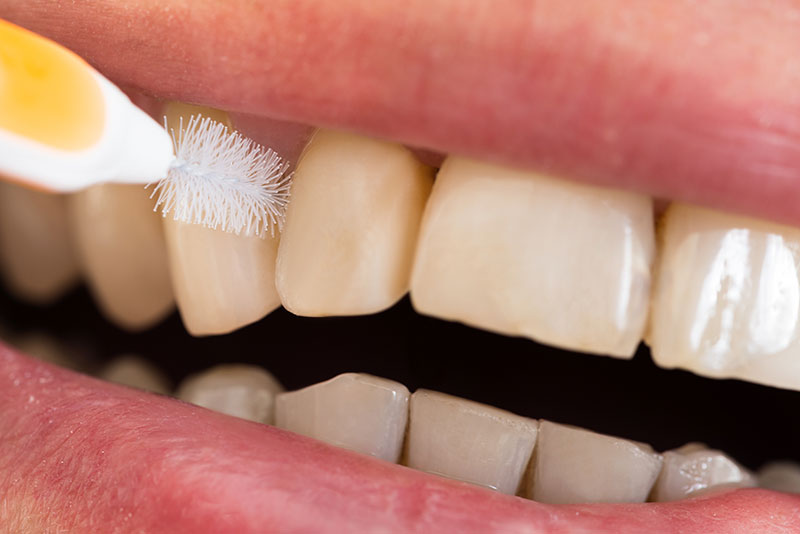
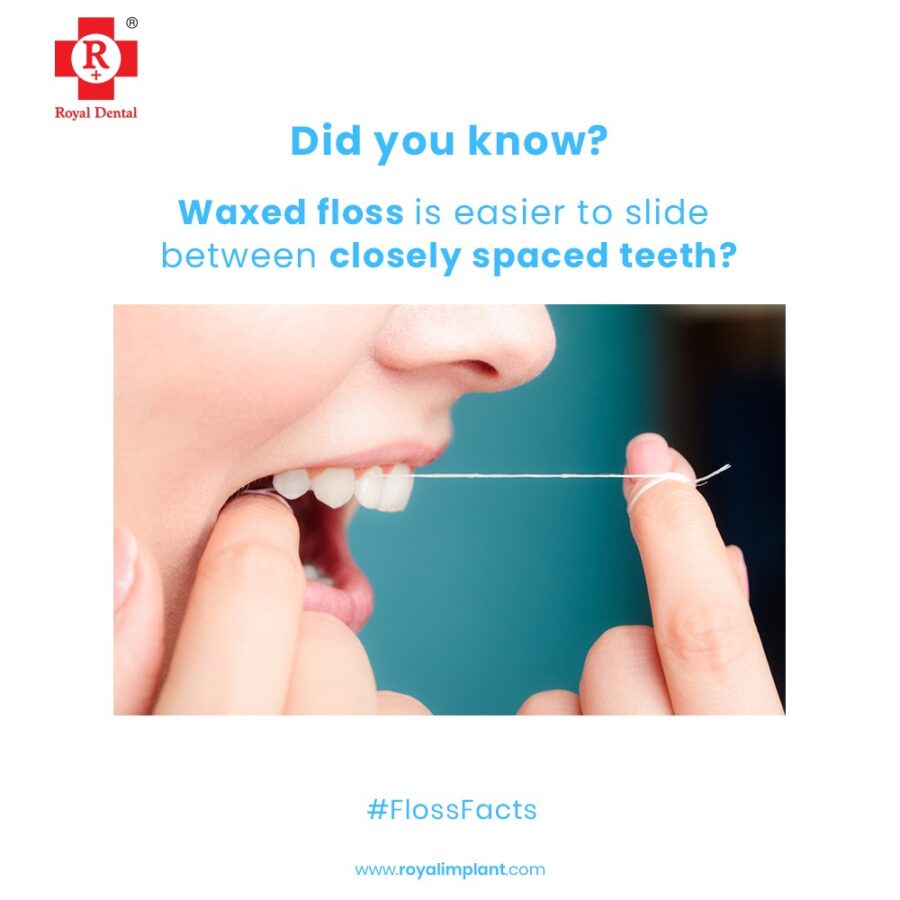

The major benefits of using a water flosser are that it is easy to use, and it is less likely to cause gum irritation than flossing with traditional dental floss. It can also help to reach areas that are difficult to access with traditional floss, making it an ideal choice for those with dental bridges, braces, or other dental work. Additionally, water flossers are often more affordable than electric toothbrushes, making them a cost-effective choice for those looking to improve their dental hygiene.
Clinical Evidence: Water Flosser and Periodontal Disease
The efficacy of water flossers in treating periodontal disease has been studied extensively. The results of these studies have been mixed, with some studies showing that water flossers are effective in reducing the symptoms of periodontal disease and others showing no significant difference in outcomes. However, the majority of studies have found that water flossers are effective in reducing the symptoms of periodontal disease, including reducing gum inflammation and bleeding and decreasing the number of bacteria in the mouth. Additionally, some studies have found that water flossers are more effective than traditional flossing in preventing the progression of periodontal disease.
Clinical evidence that water flossers can be effective in managing periodontal disease
A 2011 systematic review and meta-analysis published in the Journal of Clinical Periodontology analyzed several studies and found that water flossing was more effective than traditional flossing at reducing bleeding and inflammation in people with mild to moderate gum disease. Another systematic review published in the Journal of Evidence-Based Dental Practice in 2019 also found that water flossing can be a useful adjunct to traditional oral hygiene practices in managing periodontitis.
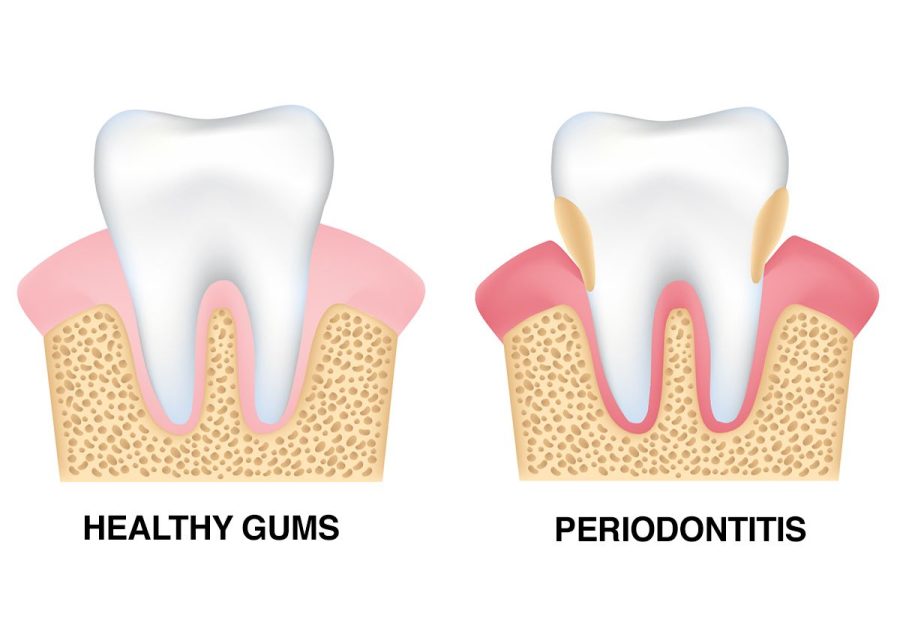
Additionally, a randomized controlled trial published in the Journal of Clinical Dentistry in 2013 found that water flossing was more effective than manual toothbrushing alone at reducing gum bleeding and inflammation in people with mild to moderate periodontitis.
Overall, while further research is still needed, the available clinical evidence suggests that water flossers can be a useful tool in managing periodontal disease and gum infections, especially when used in combination with other oral hygiene practices such as regular brushing and professional dental cleanings. It’s always best to consult with a dental professional to determine the most appropriate oral hygiene practices for your individual needs.
Tips for Effective Use of a Water Flosser
Using a water flosser effectively is essential to reap the benefits of this dental hygiene device. Here are some tips for getting the most out of your water flosser:
- Adjust the pressure and water flow to suit your needs.
- Floss slowly and gently, making sure to reach all areas of the mouth.
- Aim the stream of water at the gum line and use a circular motion to clean the teeth and gums.
- Try different tips to find the one that works best for you.
- Rinse your mouth with water after flossing.
Different Types of Water Flossers
Water flossers come in a variety of styles, including countertop, portable, and cordless models. Countertop models are the most popular, as they are the most effective. Portable and cordless models are more convenient, but they may not be as powerful as countertop models. When selecting a water flosser, it is important to consider the features of the model, such as pressure settings, water flow, and tips. Additionally, it is important to select a model that is comfortable and easy to use.
Making the Most of Your Water Flosser
Using a water flosser is an effective way to maintain good dental hygiene and prevent the progression of periodontal disease. To make the most of your water flosser, it is important to use it regularly and to practice proper technique. Additionally, it is important to keep your water flosser clean by replacing the tips regularly and disinfecting it with a mild solution of water and vinegar.
Conclusion
The evidence suggests that water flossers can be effective in treating periodontal disease. However, it is important to note that water flossers should be used in conjunction with other dental hygiene practices, such as brushing and flossing, to achieve the best results. Additionally, it is important to consult with your dentist to determine the best treatment plan for your specific needs. Overall, water flossers can be an effective tool in preventing and treating periodontal disease. With proper use and regular dental check-ups, a water flosser can help to keep your gums and teeth healthy and prevent the progression of periodontal disease.

